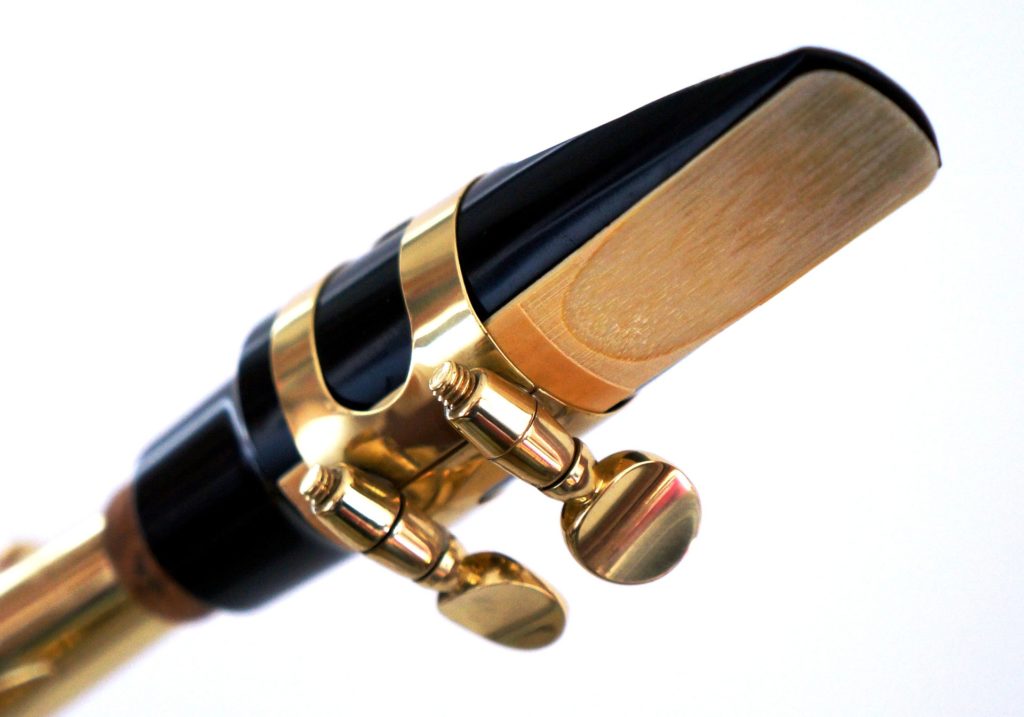Alto Saxophone – Using Negative Reinforcement: The Ultimate Doing and Self-Attack (Musicians)(Psychology)(Pain)(Strain)(Injuries)(Posture)(Alexander Technique)(Albuquerque)
This ebook, An Alexander Technique Approach to Alto Saxophone Technique, is published on this website in a PDF format. It is very detailed and practical, and it will give you the physical tools you need to take the limits off of your ability to create the accurate saxophone technique you want without sacrificing your body.
This ebook is also for sale on all AMAZON websites in a KINDLE format.
Located in Albuquerque, New Mexico, U.S.A. (MOVEMENT THERAPY)
When you use negative reinforcement to improve your alto saxophone playing, you are doing the ultimate DOING. Doing in the Alexander Technique is how we describe doing too much work to get the job done. Ex: If an alto saxophone player tenses his or her fingers before he or she plays and uses too much pressure after he or she presses the keys, then he or she is doing. NON-DOING is doing the minimum necessary with high energy.
It is nearly impossible to non-do if you are attacking yourself with negative reinforcement. It can almost be done, but it requires a split between what you are saying to your body and what you are saying to yourself. Let me explain. You can be very harsh on your alto saxophone playing with your self-talk, expecting perfection and punishing yourself in your thoughts. At the same time you can use the principles of the Alexander Technique to order your body to release and be on balance. But this is an extraordinary balancing act of compartmentalizing.
Compartmentalizing is by definition an extraordinary act of will – walling off two contradictory activities being performed at the same time. So, if you are using negative reinforcement to play the alto saxophone extraordinarily well, you are motivating yourself with punishment, or at the threat of punishment. If you want to keep the fear of punishing yourself from compromising the most effortless and balanced posture and technique possible, then it is a pure act of will to tell your body what you want of it, so that you don’t hunker down physically in fear of yourself as you play the saxophone.
The tool that we have in the Alexander Technique for getting the body to do what is mechanically advantageous are orders. ORDERS OF ALLOWANCE, as I call them, are telling your body what you want it to do with kindness. So, you say to yourself, “My neck is free and my head is moving up, as I press the key”. Think about this. This means if there is an undercurrent of thought telling you that your alto saxophone playing is never good enough, while you are inviting your neck to release and lead a lengthening spine upward, then you are playing suppressing the effects of attack on your body.
Does this work? Yes, for many wonderful alto saxophone players. It is not the intention of this article to get you to stop using negative reinforcement. It is my intention to bring to light what you are doing, so that you can make a conscious choice as to whether to keep doing it or not. Look, if negative reinforcement has made you a wonderful saxophone player, then you may not want to change what you have done to become a wonderful performer. If that is your decision, then this article is about asking you to take your negative perfectionism and find a way to create positive results by not sacrificing your body.
In other words, ally negative reinforcement with the Alexander Technique principles of good body use and great alto saxophone technique. Then, at some point you may decide it is worth it to be loving to yourself in how you motivate yourself to play the saxophone.
